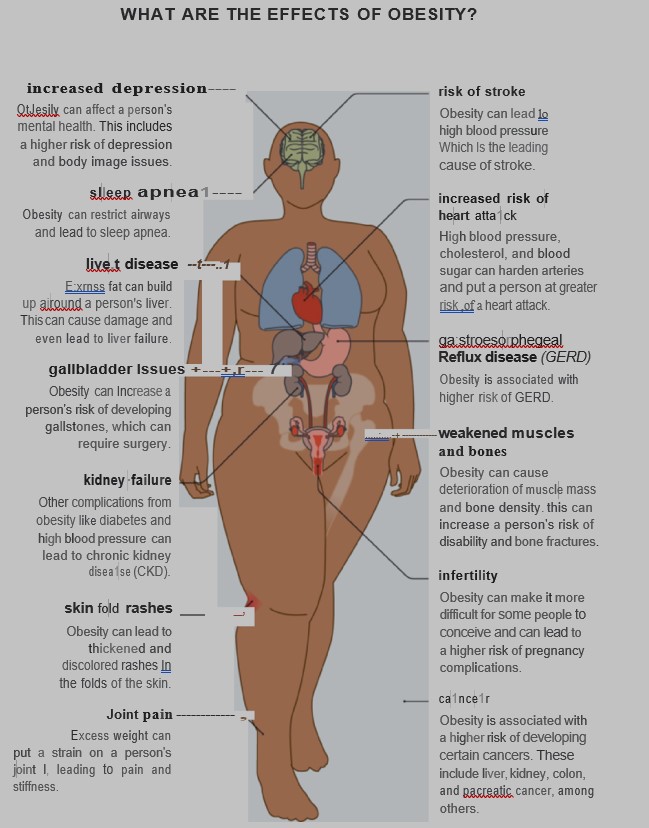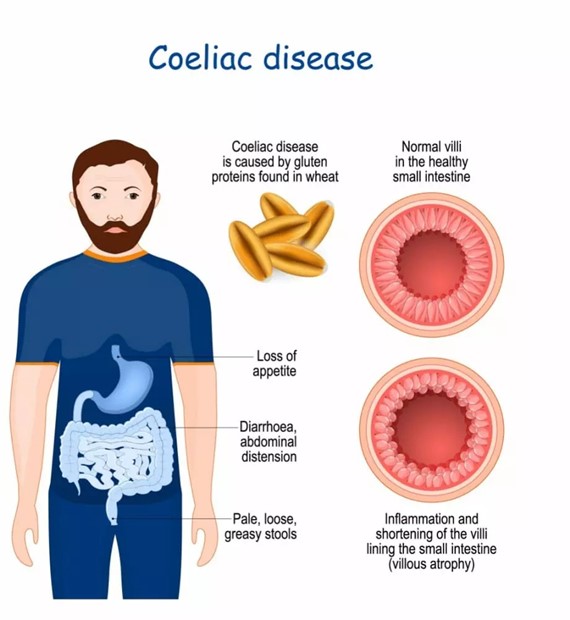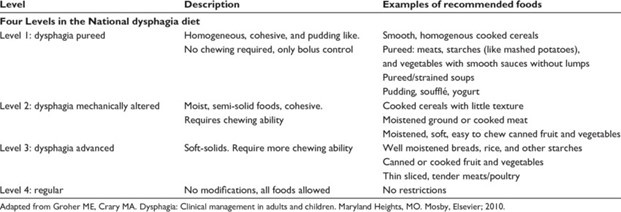A nurse is providing nutritional education to a client who is obese. The nurse should include in the information that which of the following gastrointestinal disorders is commonly associated with obesity?
Gastroesophageal reflux disease
Crohn's disease
Peptic ulcer disease
Celiac disease
The Correct Answer is A
GERD is a chronic condition in which stomach acid and contents flow back into the esophagus, leading to symptoms such as heartburn, regurgitation, and chest pain. Obesity is a significant risk factor for developing GERD. The excess weight can put pressure on the stomach, causing the contents to reflux into the esophagus more easily. Additionally, obesity is associated with a higher prevalence of hiatal hernia, which can further contribute to the development of GERD

Crohn's disease, Peptic ulcer disease, and Celiac disease are not commonly associated with obesity:
Crohn's disease is a type of inflammatory bowel disease that can affect any part of the gastrointestinal tract. It is not specifically associated with obesity but rather has complex genetic and environmental factors as its causes.
Peptic ulcer disease refers to the presence of open sores in the lining of the stomach or small intestine. While obesity may be a risk factor for gastric ulcers, the association is not as strong as with GERD.
Celiac disease is an autoimmune disorder triggered by the ingestion of gluten, a protein found in wheat, barley, and rye. It is not directly related to obesity but is associated with a specific immune response to gluten in genetically susceptible individuals.
Nursing Test Bank
Naxlex Comprehensive Predictor Exams
Related Questions
Correct Answer is A
Explanation
Celiac disease is an autoimmune disorder in which the ingestion of gluten, a protein found in wheat, rye, and barley, triggers an immune response and causes damage to the small intestine. Therefore, individuals with celiac disease need to follow a strict gluten-free diet.
Rice cereal with sliced bananas: This is a suitable choice as long as the rice cereal is gluten-free and there is no cross-contamination with gluten-containing ingredients. Rice is
naturally gluten-free, and fresh fruits like bananas are safe for individuals with celiac disease.
Rye toast with herbal tea: Rye is a gluten-containing grain, so rye toast is not suitable for someone with celiac disease. Herbal tea is typically gluten-free, but the toast is not appropriate.

Graham crackers with peanut butter: Graham crackers are usually made with wheat flour, which contains gluten. Therefore, they are not suitable for someone with celiac disease.
Poached eggs with wheat bagel: Wheat is a gluten-containing grain, so a wheat bagel is not appropriate for someone with celiac disease.
It is essential for individuals with celiac disease to carefully read food labels and select gluten-free options.
Correct Answer is C
Explanation
A level 1 dysphagia diet, also known as a pureed diet, is recommended for individuals with severe swallowing difficulties. It involves pureeing or blending all foods to a smooth consistency to facilitate swallowing and prevent choking.
● Chicken noodle soup: This option typically contains solid ingredients such as chicken, noodles, and vegetables, which are not suitable for a level 1 dysphagia diet. The client may have difficulty swallowing these solid components.
● Apple juice: Liquids, including apple juice, are generally not included in a level 1 dysphagia diet as they require minimal swallowing effort. However, it is essential to consult a speech-language pathologist or dysphagia specialist regarding the client's specific liquid consistency recommendations.
● Pudding: Pudding is an ideal choice for a level 1 dysphagia diet as it can be easily pureed to a smooth consistency that is safe for swallowing. It provides a creamy and soft texture that is easier for individuals with dysphagia to manage.
● Milk: Milk is not typically recommended for a level 1 dysphagia diet as it is a liquid and requires minimal swallowing effort. Similar to apple juice, specific liquid consistency recommendations should be sought from a dysphagia specialist.

Whether you are a student looking to ace your exams or a practicing nurse seeking to enhance your expertise , our nursing education contents will empower you with the confidence and competence to make a difference in the lives of patients and become a respected leader in the healthcare field.
Visit Naxlex, invest in your future and unlock endless possibilities with our unparalleled nursing education contents today
Report Wrong Answer on the Current Question
Do you disagree with the answer? If yes, what is your expected answer? Explain.
Kindly be descriptive with the issue you are facing.
